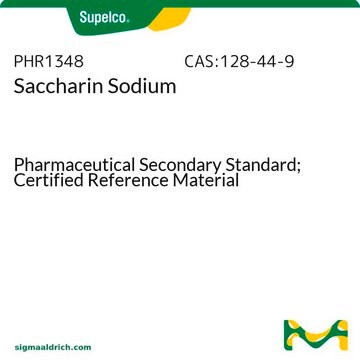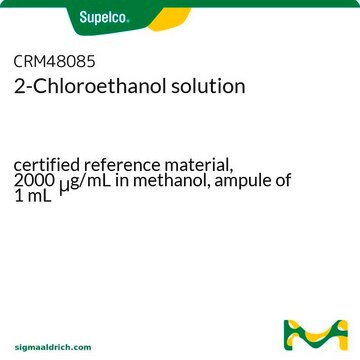PHR1494
Pilocarpine Nitrate
Pharmaceutical Secondary Standard; Certified Reference Material
Synonym(s):
Pilocarpine nitrate salt
About This Item
Recommended Products
grade
certified reference material
pharmaceutical secondary standard
Quality Level
Agency
traceable to BP 503
traceable to Ph. Eur. P1700000
traceable to USP 1539009
API family
pilocarpine
CofA
current certificate can be downloaded
packaging
pkg of 500 mg
technique(s)
HPLC: suitable
gas chromatography (GC): suitable
application(s)
pharmaceutical (small molecule)
format
neat
storage temp.
2-30°C
SMILES string
O[N+]([O-])=O.CC[C@H]1[C@H](COC1=O)Cc2cncn2C
InChI
1S/C11H16N2O2.HNO3/c1-3-10-8(6-15-11(10)14)4-9-5-12-7-13(9)2;2-1(3)4/h5,7-8,10H,3-4,6H2,1-2H3;(H,2,3,4)/t8-,10-;/m0./s1
InChI key
PRZXEPJJHQYOGF-GNAZCLTHSA-N
Gene Information
human ... CHRM1(1128) , CHRM3(1131)
Looking for similar products? Visit Product Comparison Guide
General description
Application
Biochem/physiol Actions
Analysis Note
Other Notes
Footnote
related product
Signal Word
Danger
Hazard Statements
Precautionary Statements
Hazard Classifications
Acute Tox. 2 Inhalation - Acute Tox. 4 Oral - Ox. Sol. 2
Storage Class Code
5.1B - Oxidizing hazardous materials
WGK
WGK 3
Flash Point(F)
Not applicable
Flash Point(C)
Not applicable
Choose from one of the most recent versions:
Certificates of Analysis (COA)
Don't see the Right Version?
If you require a particular version, you can look up a specific certificate by the Lot or Batch number.
Already Own This Product?
Find documentation for the products that you have recently purchased in the Document Library.
Our team of scientists has experience in all areas of research including Life Science, Material Science, Chemical Synthesis, Chromatography, Analytical and many others.
Contact Technical Service






